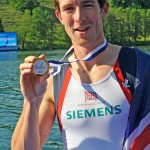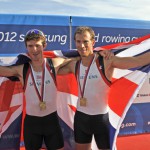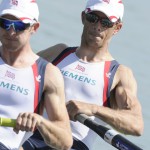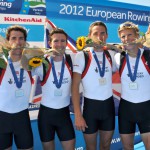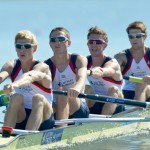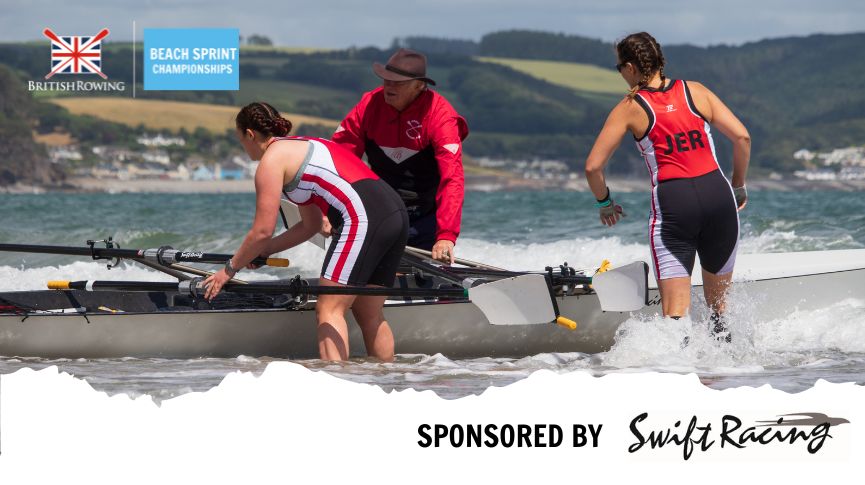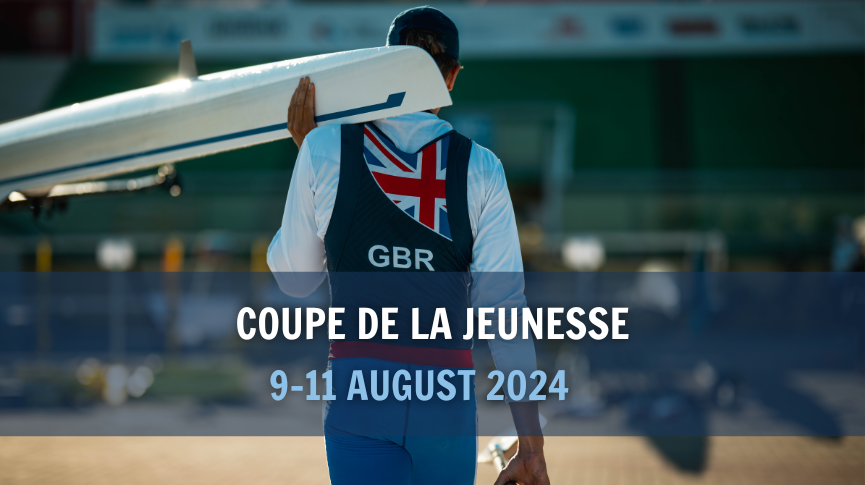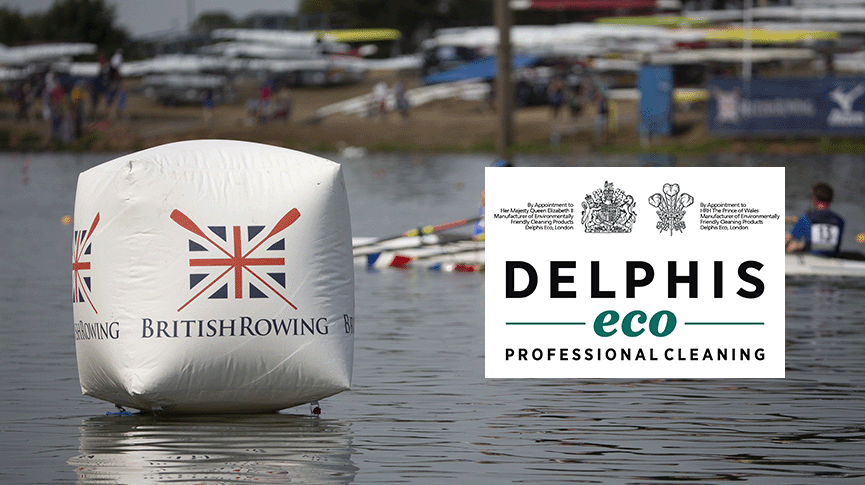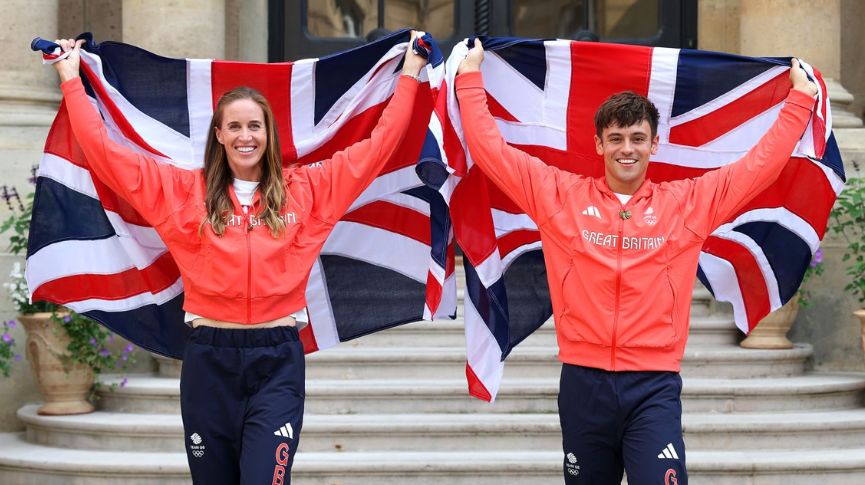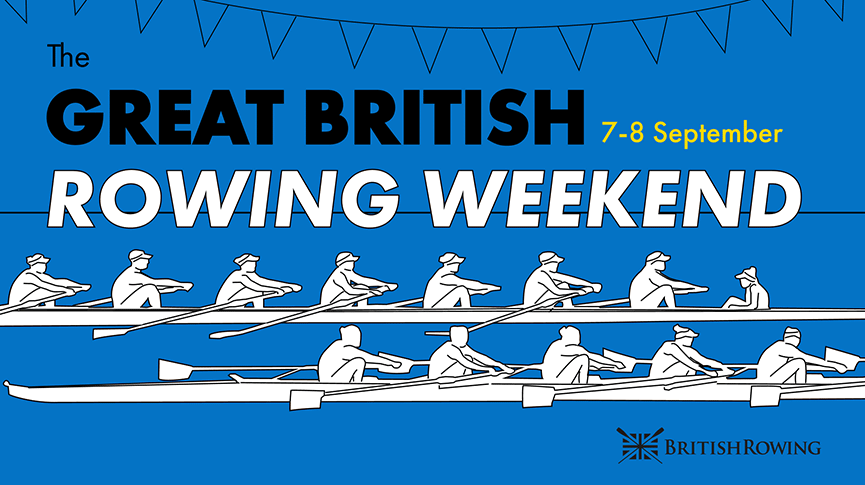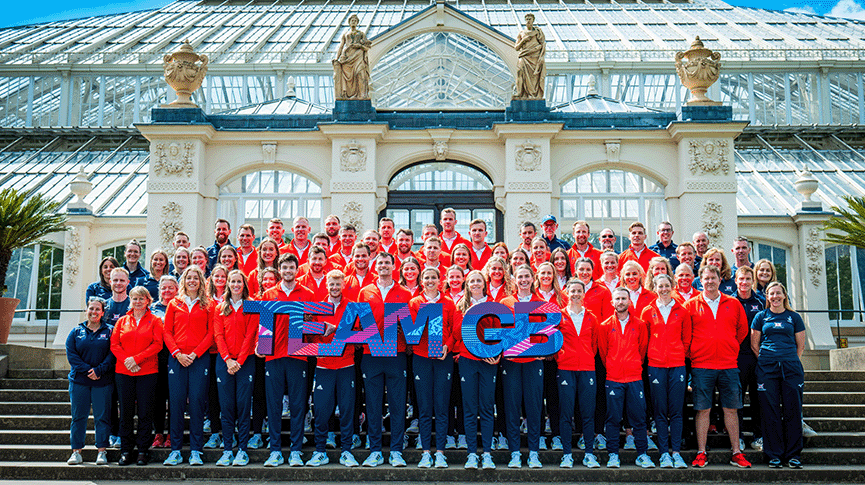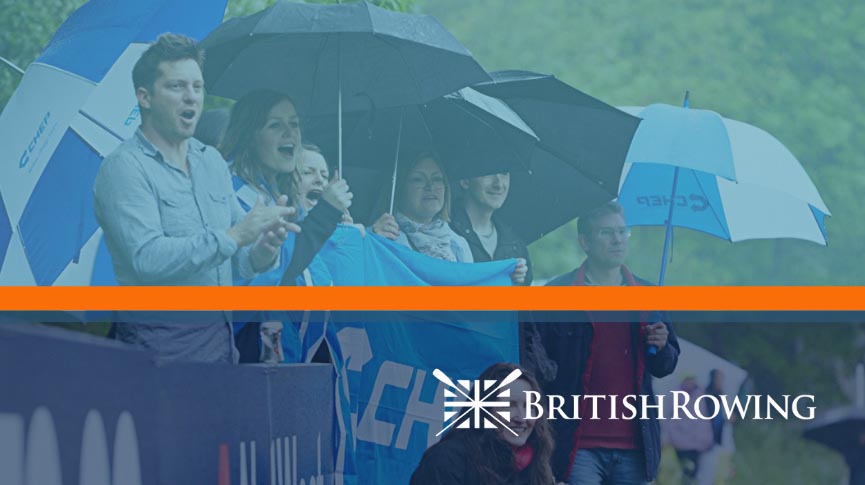Olympic reserve likens 2012 experience to Apollo mission
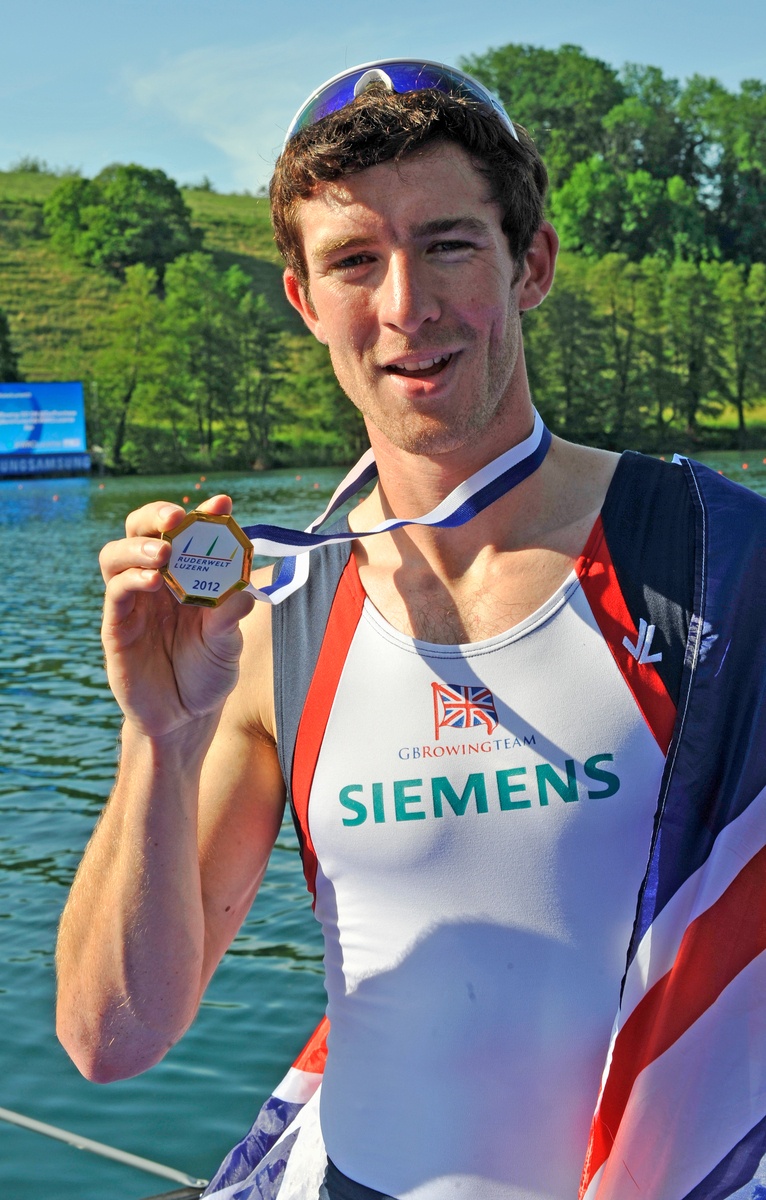
One of the GB Rowing Team’s reserves at the London 2012 Olympic Games has likened the experience to flying to the moon with Buzz Aldrin and Neil Armstrong – but not setting foot on its surface.
Adam Freeman-Pask won four medals this year in three different boats and was selected as the ‘spare’ man for the lightweight men’s squad at London 2012.
From the stands of Eton Dorney he watched GB’s two lightweight men’s crews both win Olympic silver medals in dramatic, stunningly close races and won his spares’ race at the start of the regatta.
The experience of being in and around the Olympic camp has given the 27-year-old the desire to carry on rowing for his country, taking small steps towards possibly realising a giant leap in Rio 2016 – although his focus remains one year at a time.
“It was always a hope to make the (Olympic) team and then actually making it (as a spare) was awesome,” said Freeman-Pask, a quietly spoken PhD student who has been part of the senior squad since 2008.
“I like space exploration. It’s a bit like being Michael Collins on the Apollo mission. Do you know who he is? The guy who piloted the space craft to the moon with Armstrong and Aldrin. He flew all the way there and didn’t get to walk on the moon.
“Obviously, what he did was a massive achievement for human kind, but I feel like there are some parallels of doing a lot of work, being part of the team, but not doing the touchdown.
“I’ve got bags of enthusiasm for the next (Olympic) cycle as a result. And I’ve seen Rob Williams and Alex Gregory travel as spares to the Beijing Games and then win medals in London.
“In my heart I want to go to Rio and do my performance,” he added. “That is four years away though and you have no idea what could happen.
“You can cook yourself mentally thinking that far in advance, so I’m just going to enjoy this season. “
Freeman-Pask won the spares’ race at Eton Dorney in a single scull but played down its significance.
“The spares’ race was quite a low-key affair,” he said. “It didn’t really feel like the races I had done earlier in the year.
“It’s a step in the right direction and it was really good fun. I don’t think there will be a summer quite like it and it was great to be part of.
“You learn so much. You know the form of most of the crews and you can see how that level of performance (competing at an Olympic Games) can really push people on or make them implode. It was really interesting to see how people react to pressure.”
Freeman-Pask had a clean sweep of gold medals at the 2012 Samsung World Cup Series before London 2012, winning in the lightweight pair with Paul Mattick in Belgrade and Munich and in the lightweight men’s single at the second World Cup in Lucerne – both non-Olympic-class events.
And while his teammates were celebrating their Olympic successes during a long summer break, Freeman-Pask, from Windsor and a University of Bath graduate, kept up his training to compete at the European Championships in late September.
On Lake Varese in the shadow of the Alps he was rewarded with winning silver as the senior head in a GB lightweight four development crew. And he was part of another record-breaking team.
London 2012 was GB’s best ever Olympic regatta with nine medals and was followed by GB’s best-ever performance at the Europeans, winning five medals with development crews up against many international Olympians.
“Rowing at the European Championships I was in a completely new boat of guys,” said Freeman-Pask. “I hadn’t rowed with them but they had been successful U23s and after watching the Olympics then being part of a high level competition with spectators and a cheer at the finish was really exciting.
“It was better than finishing the season watching on the bank.”
Since then he’s had a break in the lightweight sense – away from the boat until recently but trying to catch up on his PhD in environmental biodiversity.
“I didn’t really get a holiday going away anywhere exotic,” he said. “I’ve been studying part time this last year and now I’m trying to get some studying in while rowing is not so demanding.
“I’ve had experiments running while I’ve not been around and now I’ve got lots of data to analyse. I got a little carried away having fun getting ready for the Olympics and training so now I’ve got to re-establish my PhD.”
He revealed the coaches have given the rowers a ‘gentle’ reintroduction since returning to full training but expects the grace period to wear off come Christmas when attention turns in earnest to a new season.
With a home World Cup at Eton Dorney in June bringing the Olympic venue to life once more, and before that a trip to Australia for the first World Cup in Sydney, there is a lot to look forward to.
The rowers then head to Lucerne for the final World Cup before flying to Chungju in South Korea for the World Championships in August.
“It will be good to race at Dorney with my friends watching, which I didn’t get to do at the Olympics, and there is some fun travelling to be had next year,” said Freeman-Pask.
“It’s a pretty exciting time for the lightweight team as there are a big number of guys training again and lots of talented youngsters.
“It seems like a good working group. And if it all works, and everyone puts some effort in we should be able to get some good results in the next couple of years.”


